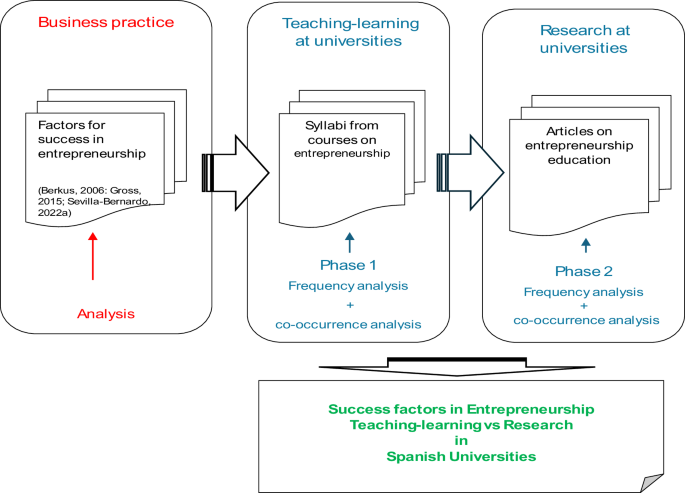As retirement age approaches, many Americans are choosing to continue working well into their golden years. According to projections by the U.S. Bureau of Labor Statistics, by 2033, about 30 percent of Americans ages 65 to 74 are expected to still be in the labor force, while 10 percent of people ages 75 and older are expected to still be working. This shift in the workforce demographic is indicative of a larger trend towards extended careers and delayed retirement.
A study conducted by the Transamerica Center for Retirement Studies found that 57 percent of workers across all generations plan to work in retirement, either full-time (21 percent) or part-time (36 percent). The primary motivation for many retirees to continue working is financial security. With concerns about the future of Social Security and inadequate savings in retirement plans such as 401(k)s or Roth IRAs, many older Americans feel the need to supplement their income by staying employed.
However, financial reasons are not the only factors driving retirees to keep working. Some individuals may need access to group health insurance benefits or simply enjoy the sense of purpose, activity, and social connection that work provides. Renée Ward, founder of Seniors4Hire.org, notes that the pandemic has opened up new opportunities for older workers to find legitimate work-at-home job options, leveraging their tech-savvy skills.
Before embarking on a job search in retirement, it is essential to define the desired work schedule, level of responsibility, and income goals. Renée Ward advises narrowing down focus and being targeted in the job search process. To assist with managing investments or planning for retirement, consulting a financial advisor can provide valuable guidance on achieving financial goals.
For retirees seeking part-time job opportunities, there are various options available that offer remote or work-from-home arrangements. Here are 15 part-time jobs for retirees to consider:
1. Teacher or tutor: Opportunities exist to teach classes or provide tutoring services based on skills and interests.
2. Consultant or freelancer: Retirees with specialized skills can offer consulting or freelance services to organizations.
3. Customer service: Older workers can find remote customer service jobs that leverage their knowledge and experience.
4. Phased retirement: Professional positions may allow for a gradual transition from full-time to part-time work.
5. Researcher: Retirees with a background in research can find opportunities in various industries.
6. Government jobs: Working for the federal government or local governments can provide part-time employment options.
7. Monetize skills and hobbies: Retirees can earn income from activities they enjoy, such as pet sitting or selling handmade crafts.
8. Sell expertise online: Creating online courses or content around areas of expertise can generate passive income.
9. Pet sitter or house sitter: Caring for pets or houses while owners are away can be a rewarding side hustle.
10. Translator/interpreter: Retirees with language skills can find part-time work in translation or interpretation.
11. Usher, ticket-taker, or museum guide: Opportunities exist in the arts industry for part-time roles.
12. Courier: Delivering groceries or running errands can provide extra income for retirees.
13. Direct sales: Selling products for companies like Mary Kay or Avon can be a flexible part-time job.
14. Temp worker: Temporary staffing agencies offer a variety of positions for retirees seeking part-time work.
15. Medical billing/coding specialist: Remote opportunities in medical billing and coding are ideal for retirees with relevant skills.
In conclusion, the trend of older Americans choosing to work in retirement reflects a shift towards extended careers and financial security. With a wide range of part-time job opportunities available, retirees can find fulfilling work that suits their skills, interests, and lifestyle preferences. By exploring these options and leveraging their experience, older workers can continue to contribute to the workforce while enjoying the benefits of continued employment in their retirement years.


















